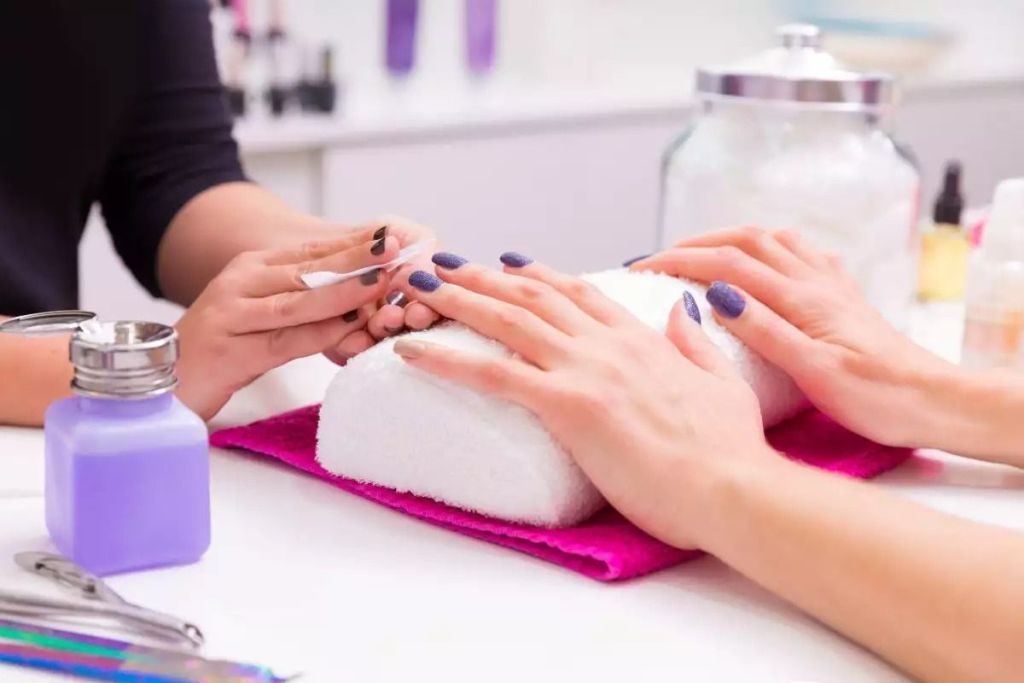What types of nails are best?

Share
Nails for Every Project: Just Like Diva Beauty Shop Tailors Your Style
Ah, the world of nails! Just like at Diva Beauty Shop, where each nail type serves a unique purpose, nails for DIY projects also vary. For outdoor projects, go galvanized—rust-resistant and perfect for enduring elements. Stainless steel nails are your wet area champs, unfazed by moisture. And for delicate finish work, opt for finish nails—subtle and ideal for trim. So, just as Diva Beauty Shop tailors styles to fit, choose your nails wisely to nail your next project!
Common Types of Nails
Common types of nails, such as galvanized and stainless steel, are ideal for harsh weather conditions like those in Riyadh due to their resistance to rust and corrosion. Similarly, nail care tips in Riyadh’s climate involve using moisturizing products to combat dryness and brittleness caused by the arid environment. Regular trimming and application of protective coatings can help maintain healthy nails despite the challenges posed by the weather.
Common types of nails encompass a variety of options tailored to different construction needs:
Common Nails: Sturdy shank and flat head, suitable for heavy-duty framing and rough carpentry.
Finish Nails: Smaller heads and tapered shanks, ideal for trim work and delicate applications.
Brad Nails: Even finer than finish nails, with very small heads for attaching delicate trim without noticeable marks.
Roofing Nails: Longer nails with larger heads for securing roofing materials.
Casing Nails: Designed for attaching window and door casings, with medium-sized heads and strong grip.
Masonry Nails: Hardened steel nails with ribbed or fluted shafts, used for concrete or brick.
Galvanized Nails: Coated with zinc for rust resistance, used in outdoor projects or moist areas.
Stainless Steel Nails: Highly resistant to rust and corrosion, ideal for wet environments.
Choosing the Right Nails for Your Project
Choosing the right nails for your project is crucial for a successful outcome, much like selecting the right cosmetology services for your desired look. Consider these factors:
Material: Different materials require different nail types; wood projects may need common, finish, or brad nails, while masonry projects require masonry nails.
Application: The type of project (framing, trim, roofing) determines the nail needed.
Environmental Factors: For outdoor or damp areas, galvanized or stainless steel nails prevent rust and corrosion.
Strength Requirements: Heavier applications need thicker shanks and larger heads.
Appearance: For visible trim or molding, nails that can be concealed or match the material’s finish are best.
Tool Compatibility: Make sure your nails work with your hammer, nail gun, or other tools.
Practical Tips for Using Nails
Applying nails correctly can make a big difference in your project’s quality:
Pre-Drilling: Helps prevent splitting in hardwoods.
Proper Sizing: Use nails of appropriate length and gauge.
Angle of Insertion: Slight angle improves holding strength.
Spacing: Even spacing ensures structural integrity.
Use the Right Tools: Keep tools well-maintained for accuracy.
Finish Carefully: Countersink finish or brad nails and fill holes with wood putty for a polished look.
Frequently Asked Questions (FAQs)
What nail service lasts the longest?
Gel polish manicures typically last 2–3 weeks without chipping, making them one of the longest-lasting options for salon nail services.
Are acrylic nails bad for natural nails?
When applied and removed properly by professionals, acrylic nails should not damage your natural nails. Proper aftercare and regular breaks help maintain nail health.
How often should I get a manicure or pedicure?
For optimal nail health and appearance, a manicure or pedicure every 2–3 weeks is recommended, depending on your nail growth and lifestyle.
Can I get nail extensions if my nails are weak or damaged?
Yes, options like builder gel nails are gentler and can actually help strengthen weak nails when applied professionally.
What is the difference between gel nails and acrylic nails?
Gel nails are cured with LED light and offer a flexible, glossy finish, while acrylic nails are a durable powder-liquid mix that provides more strength and length options.
How do I care for my nails between salon visits?
Keep nails moisturized, avoid harsh chemicals, trim regularly, and wear gloves when doing chores to protect your nails and prolong your manicure.
